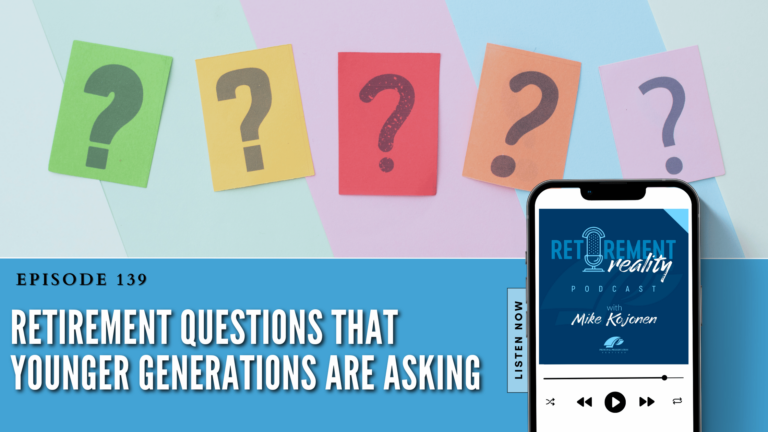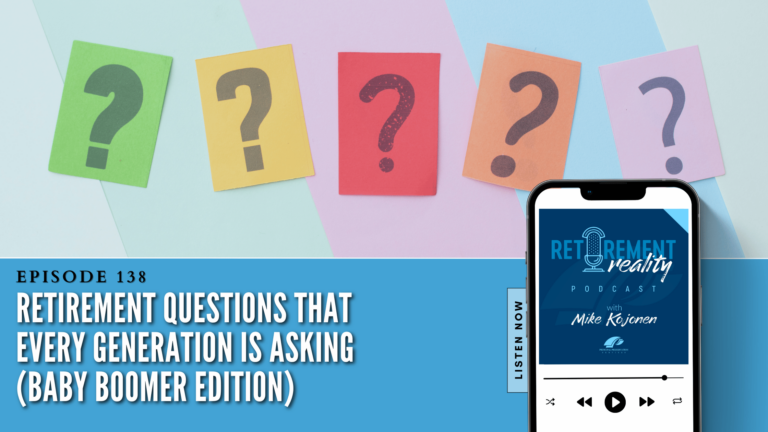If you’re turning one of these ages in 2019, take note of what makes them important. Some ages, such as 65, the age at which you qualify for Medicare, require you to apply before your birthday, so it’s important to pay close attention so you don’t miss an important deadline!
Age 50
Once you turn 50, you can make catch-up contributions to your retirement accounts. You can contribute an extra $6,000 per year to a 401(k), 403(b), and 457 plan, $3,000 to a Simple IRA or Simple 401(k), and $1,000 to a traditional IRA.
Age 55
If you leave your job for any reason during the year you turn 55 or after, you can withdraw from your 401(k) penalty-free. This includes retirement, termination, or leaving for another job.
Age 59 ½
If you do not leave your job, retire, or are fired, you must wait until you are 59 ½ to withdraw from your IRA, 401(k), or 403(b) plans without incurring a 10% federal income tax penalty. 457 plans never incur this penalty. Distributions from traditional IRAs, 401(k)s, and other employer-sponsored are taxed as income.
Age 62
At age 62, workers can start receiving Social Security benefits, but if you are working and making over $17,040 a year, they will be reduced by $1 for every $2 earned. It’s often not ideal to start benefits at this age for this reason.
Age 65
Those aged 65 and older qualify for Medicare. You should apply three months before your birthday in order to start benefits on time. If you are already receiving Social Security benefits, you will automatically be enrolled in Medicare Part A, which covers hospital visits, and Medicare Part B, which covers doctor visits, as well as medical and preventative services and procedures.
Ages 65 to 67
Depending on what year you were born, you become eligible for your full Social Security benefits between 65 and 67. For example, those born in 1960 or later will receive full benefits at 67, while those born in 1955 will receive full benefits at 66 and 2 months.
Age 70
At age 70 you can receive more than you full Social Security benefits. This means that you receive 132% of the monthly benefit because you delayed receiving benefits. However, you gain nothing from waiting until any later than 70 to start receiving Social Security benefits.
Age 70 ½
Once you turn 70 ½ you must start taking required minimum distributions (RMDs) from your IRA, 401(k), 403(b), and or 457 plan. RMDs are calculated based on your life expectancy and amount of money in your account. If you are still working after 70 for a company you do not own more than 5% of, you can delay RMDs. You can roll over your traditional IRA or 401(k) into a Roth account, which is not subject to RMDs.
Even if you’re not turning one of these ages this year, it’s helpful to have a full picture of when benefits, RMDs, and penalties apply to you. Creating a retirement plan starts with important information, so you can avoid penalties and get the most out of your benefits.
We’re here to celebrate all your birthdays and make sure that you are prepared for them with a strong financial plan. Don’t miss these key dates, click here to schedule a no cost, no obligation financial review and start celebrating this year’s birthday early!









